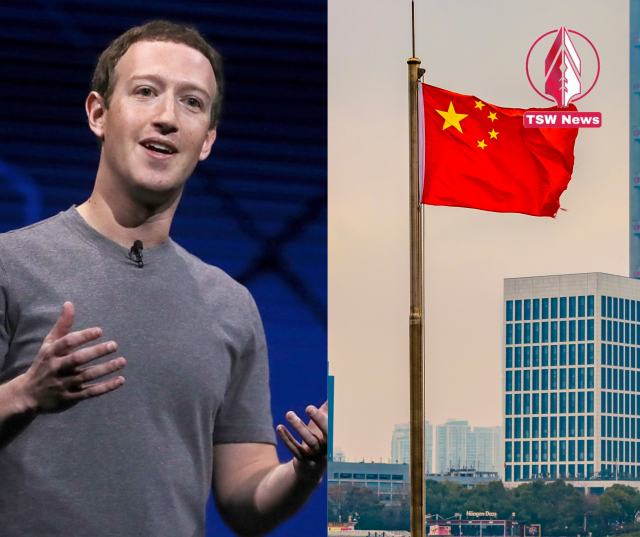China Just Banned These Popular Apps - Zuckerberg Blindsided
- Posted on April 19, 2024
- News
- By TSW NEWS DESK
- 73 Views
China forces Apple to remove WhatsApp and Threads from the App Store in the wake of Mark Zuckerberg's Meta, mirroring U.S. efforts to ban TikTok over security concerns amid escalating tech tensions.

Mark Zuckerberg, the chief executive of Meta Platforms, had a blow when the Chinese government ordered Apple to delete the two highly popular social media apps, namely WhatsApp and Threads, from its App Store. Apple has done as ordered, and this is a very big step for Zuckerberg to take in gaining a strong presence in the Chinese market.
The decision is viewed as a part of China’s continuous effort to regulate its internet terrain and plug the last chinks of its Great Firewall. However, Apple, by mentioning its intention to comply with the law of any country where it operates, will probably encounter the accusation of having given up on the principles of free speech only to stay on the market in China, the largest consumer of the iPhones.
Despite the fact that the prohibition was not limited to Meta's apps, the company's subsidiaries, Instagram and WhatsApp, were affected as well. Additionally, The Instant Messaging apps Signal and Telegram were removed from the Chinese App Store, with the Cyberspace Administration of China stating that national security was the main issue.
This regulation is one of the few steps taken by the Chinese government a year ago to register all app developers and give them a deadline of March 2024. Otherwise, they will be banned. The main reason behind this is to prevent fraudulent online activities such as scams. The effect has been the domination of the local social media arena by Tencent's WeChat, while the international players could not get any room to grow.
"Apps that are less sensitive and with bigger mainland Chinese business are likely to follow the latest licensing requirements," Senior adviser Mr. Rich Bishop of AppInChina said on Tuesday. "On the other hand, since Chinese users will have such a narrow range of options to choose from, most of them will use Chinese apps, with a few international ones."
Also Read: OpenAI Makes First India Hire, Taps Pragya Misra as Head of Government Relations
The Chinese government's crackdown on social media sites is similar to the attempt of the U.S. government to ban TikTok, the popular video application developed by the Chinese company ByteDance, over similar national security fears. The TikTok owners are now faced with a choice of either selling the platform to a non-Chinese entity or withstanding the consequences of a ban in the U.S. market.
Tensions between the U.S. and China keep on rising on many fronts, with the last moves being aimed at major social media platforms, the divide would be more apparent, and the obstacles faced by tech companies operating in a world full of geopolitical polarization will be more evident.




